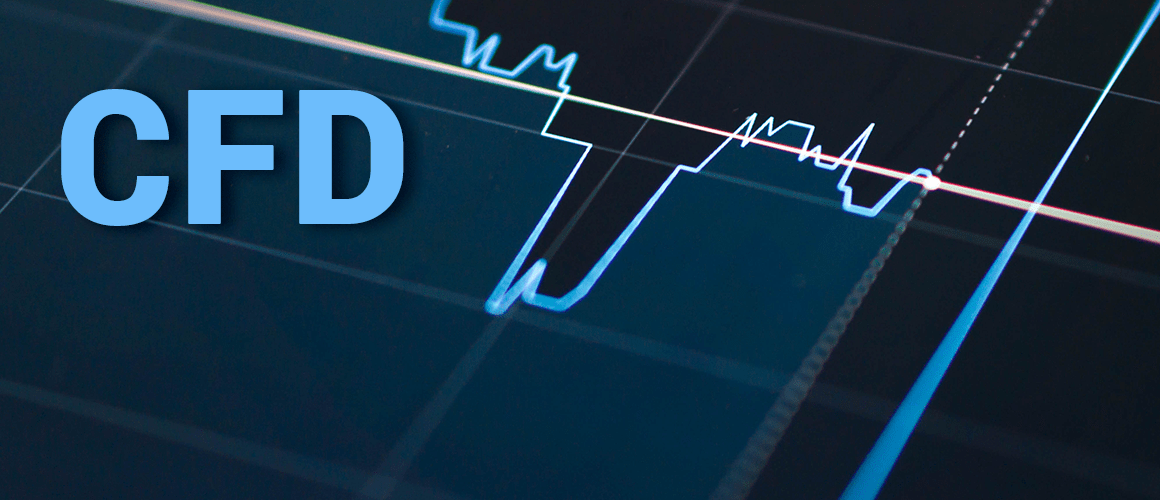What is CFD and Its Difference from a Real Asset?

4 minutes for reading
Are there any beginners, who haven’t asked themselves a question what a CFD is and how it is different from a real asset? Let’s go deeper in these terms and try to determine which one of them is more interesting and easier-to-use for both beginners of stock exchange markets and experienced investors.
What is CFD?
First of all, one should know what CFD stands for. CFD means a Contract for Difference. As a matter of fact, it is an instrument traders can use for trading or speculating in price differences, but without buying a base asset, stocks, metals, or commodities.
Trading on the stock market
Now, let’s compare trading stocks and CFDs. In order to participate in trading stocks, a trader has to open an account. In this case, the leverage value will be 1:20, at most. This, in its turn, means that traders with small deposits will have limited opportunities for trading.
Usually the minimum contract size on stock exchange markets is 1 lot, which is 100 stocks. For those, who would like to use smaller contract sizes, in R StocksTrader, the multiasset trading platform the minimal contract size is 0.01 lots - 1 stock. The maximum contract size is limited only by the amount of funds on a trader’s account or the number of traded stocks. It’s quite easy to calculate how much money a trader requires for trading, if, for example, a stock of one popular social network costs 181 USD. Margin requirements for 1 lot (100 stocks) will be 181 * 100 = 18,100 USD.
With small deposits, there will be no opportunities for opening this position. But this is just one of the many examples. However, on stock exchange markets one can find stocks at the price from 0.01 USD, that’s why there are a lot of options for trading even if there is insufficient money for expensive stocks. Apart from this, one should take into account the platform expenses (so called monthly fee) and the commission to be paid to a broker for every opened and closed positions (on average, a trader will spend on this about 4,000 USD a year). Holding positions overnight is free at some of the brokers, but some of them make traders fulfill some certain conditions.
Corporate actions
In case of trading stocks, there are both expenses and some positive moments. For example, cash dividends, because a trader acts as a shareholder with the right to vote at the company’s meetings (for this, a trader has to fulfill some certain conditions). However, in most cases, trading is speculative and has no goals to receive dividends or to take part in shareholder meetings.
One should know that there are some restrictions in trading. Not all stocks are available for credit sale; sometimes, there is no access to open a short position, especially if a trader hasn’t got this asset.
Trading CFDs
Now it’s time to talk about Contracts for Difference. In this case, brokers usually provides bigger leverage values than for trading stocks. Everyone decides for themselves whether it’s good or bad, but increased leverage values allow traders to expand the list of available trading instruments.
An opportunity to trade, both buy and sell, without any restrictions. If a trader buys some trading instrument, but the instrument price falls contrary to expectations, CFDs offers an opportunity of hedging. Trading Contracts for Difference doesn’t imply buying/selling a base asset. Quotes of CFDs and base assets are usually the same, but sometimes there may be 1-2 pips difference due to the internet connection speed. CFDs can be traded through “Forex” terminals, which are usually provided for free. However, trading hours for both CFDs and base assets are the same. The minimum contract size for CFDs, unlike stocks, is 0.1 lots, while the maximum size is limited only by opportunities traders have.
Conclusion
After comparison of both types of trading instruments, there is no firm conclusion, which one of them is better for traders, stocks or Contracts for Difference. Certainly, everyone will find their advantages and disadvantages. In any case, it’s a trader’s call what instrument to choose. However, I think few people will disagree to the fact that CFDs provide a lot of opportunities for trading with small deposits.







